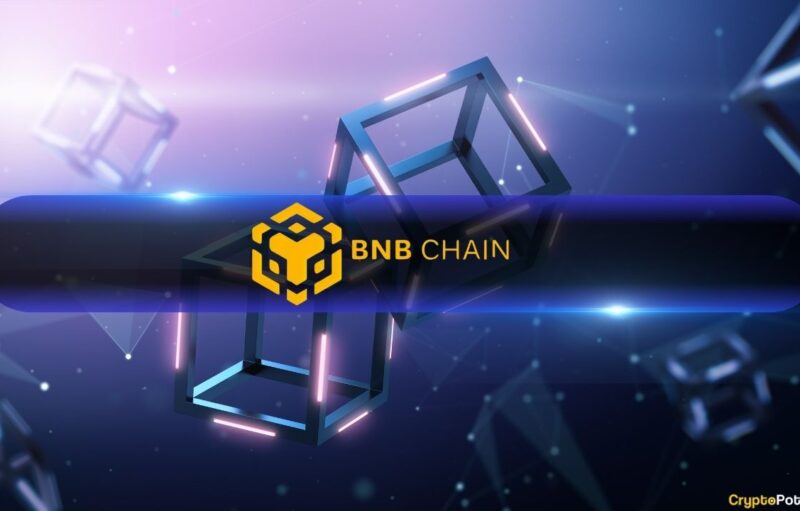
Tokyo-based SoftBank is partnering with New York-headquartered tech giant IBM to launch a cross-carrier blockchain platform, with special focus on technologies that will enable smartphone users to conduct local payments while traveling abroad and roaming.
In an October 22 release, SoftBank’s management stated that it will work with IBM and blockchain firm TBCASoft that creates cross-carrier DLT networks in order to run various applications under the Carrier Blockchain Study Group Consortium.
Established in 2016, TBCASoft has acquired funding from SoftBank. TBCASoft created the Carrier Blockchain Study Group (CBSG) in 2017, along with SoftBank, Sprint and Taiwan’s FarEasTone. CBSG has grown to include 18 members that are currently developing blockchain-enabled solutions for phone companies.
SoftBank’s management said that the first project accepted by the CBSG is the Cross-Carrier Payment System (CCPS), which allows mobile-phone consumers to make local payments from their devices while traveling overseas.
Korea’s LG U+ and KT, Malaysia’s Axiata, Telekomunikasi Indonesia International, Turkey’s Turkcell and PLDT of the Philippines are also part of the CBSG.
The announcement did not provide additional information regarding the specific terms and conditions of the agreement between the three organizations, however, it mentioned that TBCASoft will use IBM’s DLT-powered platform, IBM’s Hyperledger enterprise blockchain solution.
An IBM representative stated:
“This is a business relationship. IBM is not joining the consortium.”
TBCASoft’s technology optimizes the clearing process between various carriers and transaction records, the release noted. The company’s tech enables the interoperability of different mobile networks and allows payments to be processed via the networks of various merchants.
The announcement said that SoftBank intends to have a payments system launched in Tokyo by next year, at the time of the Olympics.
In 2018, SoftBank introduced a blockchain proof-of-concept through a partnership with TBCASoft that facilitates peer-to-peer (P2P) mobile transactions across several different carriers.
The post appeared first on Ethereum World News






